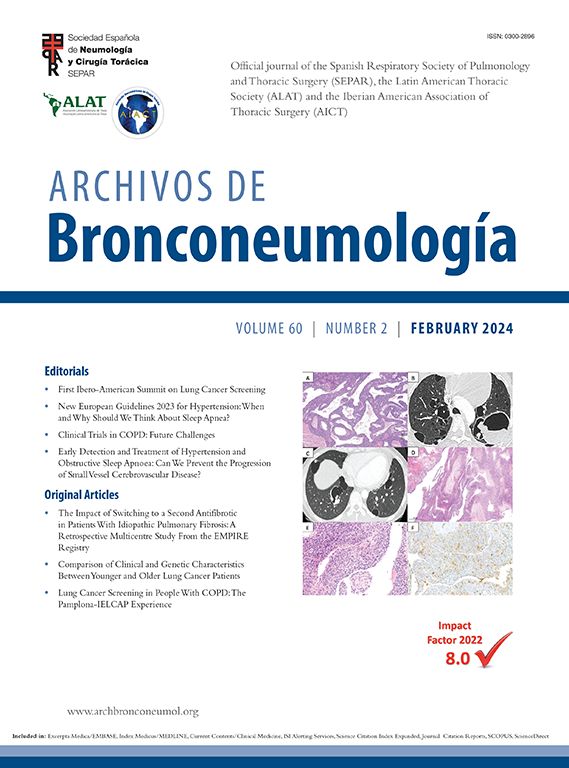Tertiary Lymphoid Structure in Tumor Microenvironment and Immunotherapy of Lung Cancer
IF 8.7
3区 医学
Q1 RESPIRATORY SYSTEM
引用次数: 0
Abstract
Immune checkpoint inhibitors have opened an era of lung cancer therapy. However, a notable disparity exists in the efficacy of immunotherapy among individual patients. The tertiary lymphoid structure (TLS) is an ectopic lymphocyte aggregation that appears under pathological conditions and is the primary site of action for anti-tumor immunity. It is commonly reported that the presence of TLS within the tumor microenvironment (TME) relates to a favorable clinical prognosis and an excellent response to immunotherapy in lung cancer patients. A thorough understanding of TLS and its dynamic changes in TME has become an attractive focus for optimizing immunotherapy strategies for lung cancer. In this review, we comprehensively generalize the composition, formation, mechanism, detection methods of TLS, and summarize the role of TLS in lung cancer immunotherapy. Finally, induction of TLS is also discussed, which may provide more effective therapeutic strategies for lung cancer therapy.
肿瘤微环境中的三级淋巴结构与肺癌免疫疗法
免疫检查点抑制剂开启了肺癌治疗的新时代。然而,不同患者的免疫疗法疗效存在明显差异。三级淋巴结构(TLS)是病理条件下出现的异位淋巴细胞聚集,是抗肿瘤免疫的主要作用部位。据普遍报道,肿瘤微环境(TME)中存在 TLS 与肺癌患者良好的临床预后和对免疫疗法的良好反应有关。全面了解 TLS 及其在 TME 中的动态变化已成为优化肺癌免疫疗法策略的一个极具吸引力的焦点。在这篇综述中,我们全面归纳了TLS的组成、形成、机制、检测方法,并总结了TLS在肺癌免疫治疗中的作用。最后,我们还讨论了诱导 TLS 的问题,这可能会为肺癌治疗提供更有效的治疗策略。
本文章由计算机程序翻译,如有差异,请以英文原文为准。
求助全文
约1分钟内获得全文
求助全文
来源期刊

Archivos De Bronconeumologia
Medicine-Pulmonary and Respiratory Medicine
CiteScore
3.50
自引率
17.50%
发文量
330
审稿时长
14 days
期刊介绍:
Archivos de Bronconeumologia is a scientific journal that specializes in publishing prospective original research articles focusing on various aspects of respiratory diseases, including epidemiology, pathophysiology, clinical practice, surgery, and basic investigation. Additionally, the journal features other types of articles such as reviews, editorials, special articles of interest to the society and editorial board, scientific letters, letters to the editor, and clinical images. Published monthly, the journal comprises 12 regular issues along with occasional supplements containing articles from different sections.
All manuscripts submitted to the journal undergo rigorous evaluation by the editors and are subjected to expert peer review. The editorial team, led by the Editor and/or an Associate Editor, manages the peer-review process. Archivos de Bronconeumologia is published monthly in English, facilitating broad dissemination of the latest research findings in the field.
 求助内容:
求助内容: 应助结果提醒方式:
应助结果提醒方式:


